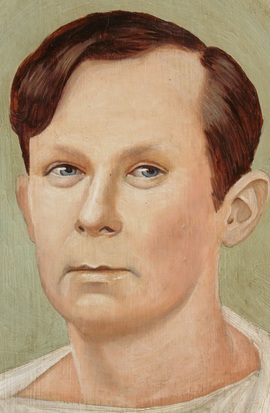 My name is Murray Eiland Jr. I was born in 1936 and attended UCLA, UC Berkeley and UCSF (MD, 1961). I continue to work for the court as a forensic psychiatrist. I became interested in Oriental rugs (as something of a hobby at first). With my brother - who is still in the business - I opened a rug store. I wrote several books on oriental rugs, most recently with my son, who is an archaeologist. I have always been interested in ancient cultures, and during my travels to collect rugs I visited many areas of great antiquity. It was this experience which promoted me to write the Orfeo Saga. I explored several themes in this series. First, I wanted write the kind of action and adventure that I liked in the ancient myths and sagas. I did not want to copy the themes covered by Homer. I think it is better to deal with heroes in a more modern way. In my work the main characters are placed in difficult situations that can be solved by cunning rather that outright violence. I really liked the character of Odysseus but I felt that his cunning should have been used for good. I also wanted to write something that had a distinctive style. I concentrated upon language that I thought sounded harmonious when it was read aloud. I wanted something that expresses how wonderful English can be when read aloud. Here is an excerpt from Chapter 1 of THE SWORD OF TELEMON: Faint sounds seemed to mingle with the breeze, as they came first as distant whispers and then in wave-like gusts, now louder or softer, resounding along the valley walls and over the hilltops, carrying both a pleasant reminder of spring-awakened splendor and a sense of unease. Subtly the day’s stillness dissolved into disarray, as the restful rippling of the clear mountain stream now found counterpoint in the echoes of a great bronze bell, erupting in a voice of gentleness and power. A sense of alarm arose, and faint cries of assembly carried from the valley, where men ran to join the commotion around the king’s great tent. Orfeo had been sitting on a flat rock overlooking the encampment when he recognized that something had gone wrong. Raising himself more in disbelief than concern - as though his repose on the meadow and the bleating of his small goat flock made mockery of the frantic shouts below - he fastened his sandals and bounded from stone to stone toward the path and then raced in long loping strides down the hill. The goats could look after themselves until he found them later. When King Kiros summoned his people neither kinsmen nor retainers delayed, and now the mounting noise from below gave further spur for haste. As he entered the encampment Orfeo heard first the clatter of swords in preparation for use before isolated words gave him a glimpse of what had happened. “A raid,” he heard repeated. Someone must have seen danger approaching, and the image brought with it a vision of the Hannae from the north, galloping on their small, swift horses, bringing fire and pillage in their wake. Once as a boy Orfeo had cowered in a thicket of juniper as the swordsmen had stood their ground against invaders and had finally driven them off. Now he was ready to stand with the others, still a boy, perhaps, at sixteen summers, but able to wield a sword and hold his place in the line. He ran toward his father’s tent, dodging nimbly among the assembling warriors. The bell now sounded at close quarters and sent a chill of excitement through the crowd. Standing on his platform before the great tent stood the king with raised arms. Three armed men had pushed before him with weary movements, as if they had run a greater distance than the others and had already encountered the enemy. Orfeo is the younger son of the King of Kiros (a division of the larger Achians who are Greek speakers). He was taken as a hostage by the city of Pylos, and returned home after 8 or 9 years to find that he was not accepted by his tribe (who are less cultured). He is seen as a foreigner. He learned many skills, including reading and writing. He did not learn how to become a warrior, an important consideration for his tribe. When Orfeo's older brother, and heir to the throne is captured in a raid, Orfeo is sent on a mission to bring him back. Not to give too much away, the volcano on Santorini erupts and changes everything, so the date historically is about 1600 BC. I hope that people like reading the book as I liked writing it. It is available on Amazon Kindle for $0.99 and is the first in what I hope to be a long series. Comments are closed.
|
Disclaimer: Some of the views and opinions expressed in the Book Club are those of the individual authors and do not necessarily reflect the official policy or position of founder Elizabeth Bourgeret or her agency
Archives
November 2023
CategoriesWant to see your book here? Go to my Fiverr store and get signed up! I'll take care of the rest!
|

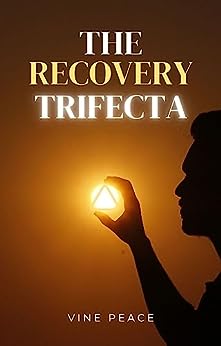


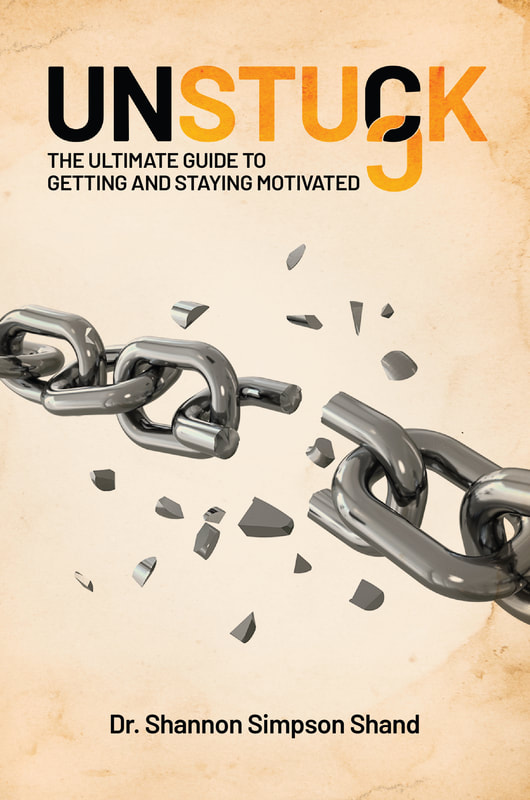
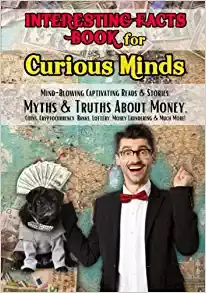


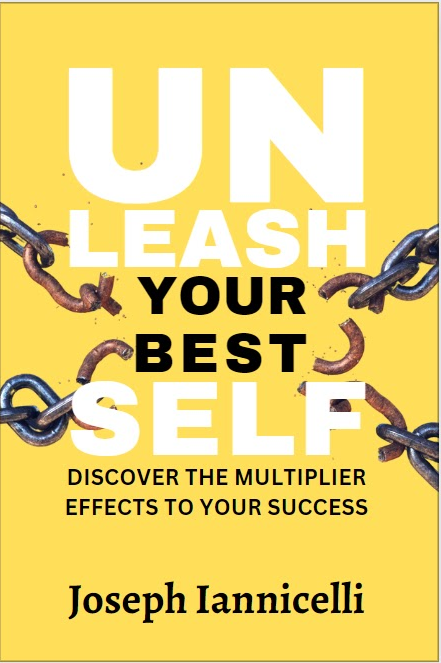














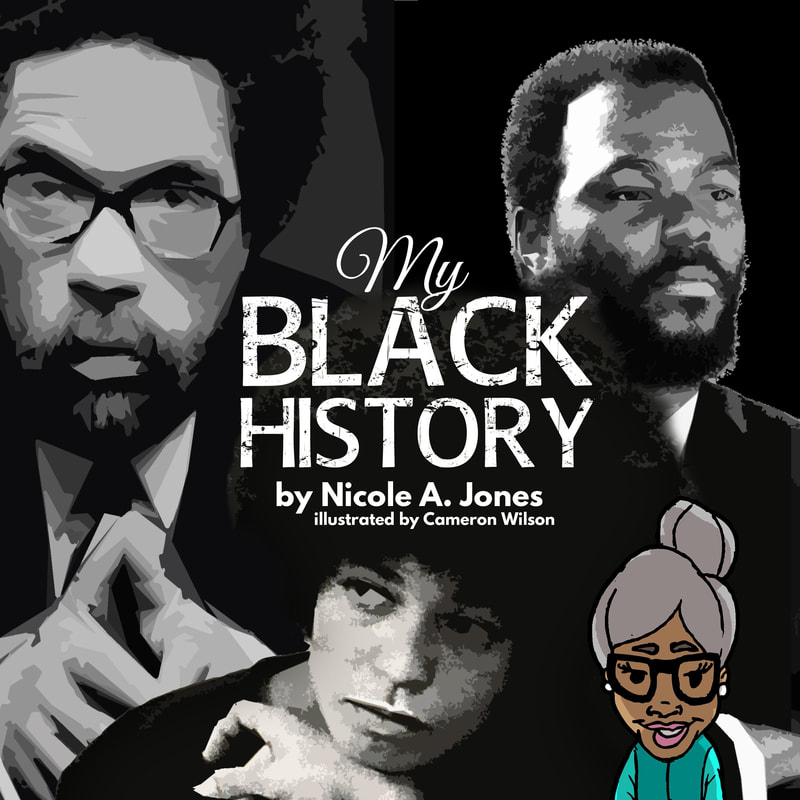

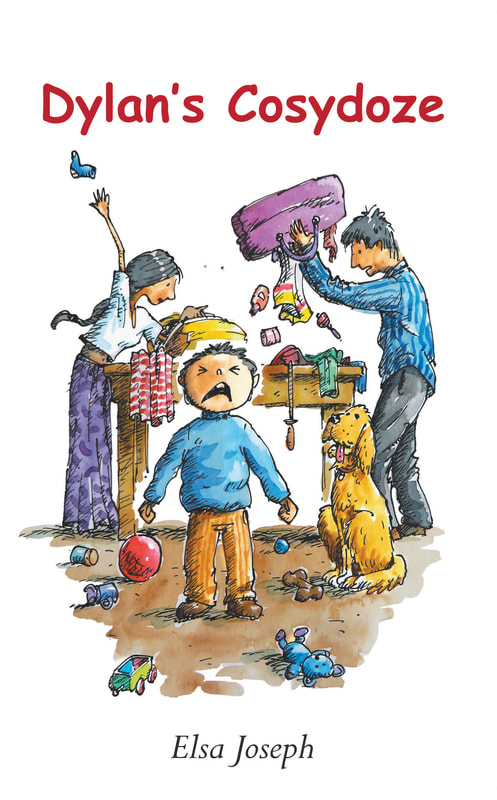
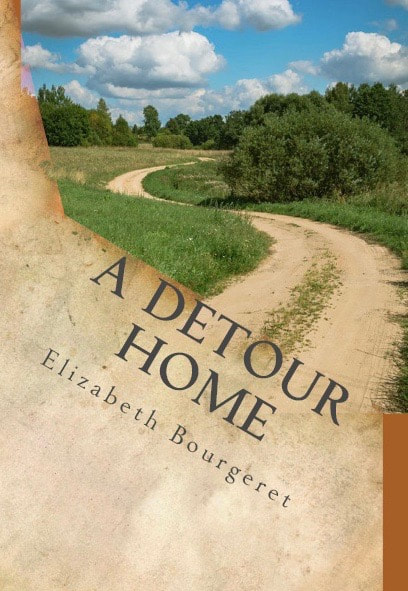



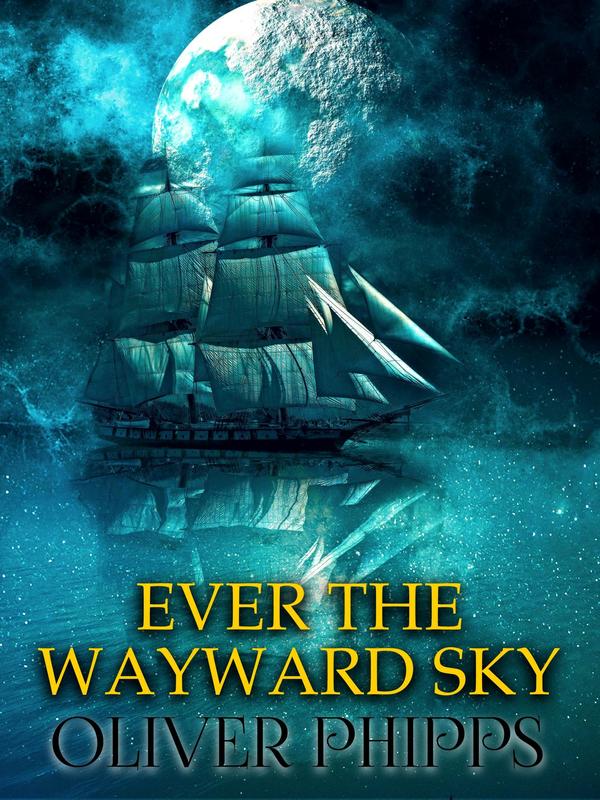



 RSS Feed
RSS Feed